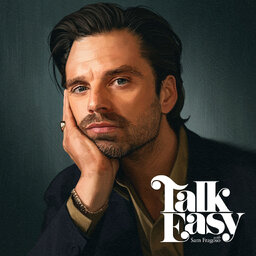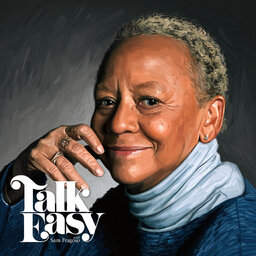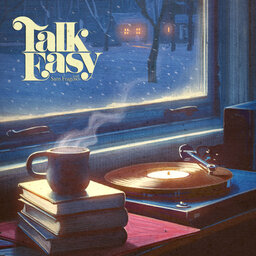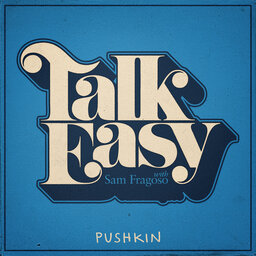Singer-Songwriter Weyes Blood Gives Us ‘Something to Believe’
Singer-songwriter Weyes Blood is one of the most inventive musicians working today. One year ago, she released her prescient album And in the Darkness, Hearts Aglow.
On the heels of her whirlwind tour (4:00), she joins us this week to talk about her post-pandemic anthem “It’s Not Just Me, It’s Everybody” (10:04), her religious upbringing (13:22), the formative punk shows she attended as a teenager (20:17), and the influence of artists like Nico and Sonic Youth (25:18).
On the back-half, Natalie reflects on her nomadic young adulthood (31:00), how she forged her path in the music industry (33:42), the apocalyptic feelings embedded in her album Titanic Rising (42:29), the inspiration of director Stanley Kubrick (49:32), and why she still holds onto hope through these turbulent times (57:50).
For thoughts, reflections, and guest suggestions, drop me a line at sf@talkeasypod.com.
In 1 playlist(s)
Talk Easy with Sam Fragoso
Talk Easy with Sam Fragoso is a weekly series of intimate conversations with artists, activists, and…Social links
Follow podcast
Recent clips

The Year of Actor Sebastian Stan (‘The Apprentice’)
1:16:35

Remembering Poet Nikki Giovanni
44:21

Talk Easy in 2024: A Mixtape
58:40
 Talk Easy with Sam Fragoso
Talk Easy with Sam Fragoso